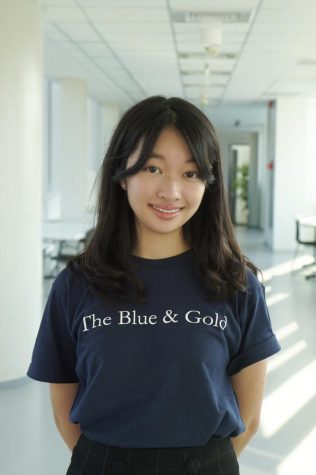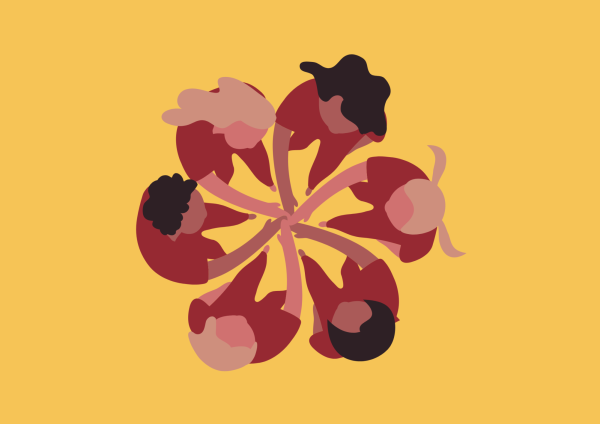Limiting AP & IB courses is needed for healthier competition
As the school year draws to a close, many students at Taipei American School are beginning to prepare for next year’s courses. It is that time of the year when questions and statements regarding course selections are heard in the hallways. However, these statements are often embedded with a level of negativity.
“I need to take seven AP courses to get into an Ivy League university.” “I need to take harder classes with all APs and IBs.” “I can’t fit more classes into my schedule but I need to take more classes.”
Students are always followed by a series of stress, anxiety, and confusion. However, what students don’t understand is that AP and IB courses are often limited in other schools in order to prevent students from overwhelming themselves like the students here at TAS.
“We kind of get into a frenzy that this is the reality and this is the way to university because we have no other measurement,” Upper School History and Political Science Teacher Mrs. Darby Sinclair said. “So we get kind of into this narrative of a certain way of thinking about how to be successful and how to challenge yourself and there’s a lot just so many myths that teachers are trying to dispel.”
The administration should definitely take action in changing the number of AP and IB courses students should take. Students are seen to be stressing over their academic courses, leaving almost no leisure time to enjoy their hobbies and to relax.
Although AP and IB Coordinator and College Counselor Mr. Warren Emanuel believes that bigger changes should be made other than limiting AP and IB courses in order to lessen the competition between students, he states that students should always choose the courses that they feel comfortable with taking. “It’s a really important part of addressing students wellbeing by doing everything we can as adults,” he said. “And in the conversation, to make sure that students are being appropriately placed in classes and make sure that students aren’t being overwhelmed by academic workload.”
While toxic competition is a term that students have been taught in the past two years, not many changes have been made to address the issues that lie in the term.
Upper School Academic and Personal Counselor Ms. Shirley Peng believes that it takes the whole community to work with one another to ensure change. “It is an effort that is gonna take the whole community, the school administration, counselors and teachers, but also the students and the parents,” she said. “I think all of us need to as a school, try to find resources, but students and parents also need to be educated and be aware of the negative effects of toxic competition, and also talk about what’s a healthier way to compete.”

Amber is the co-editor-in-chief of The Blue & Gold. She has lived in Taiwan her entire life and has been at TAS since first grade. When she is not...

![A collection of college flags. [PHOTO COURTESY OF AMBER HU ('27)]](https://blueandgoldonline.org/wp-content/uploads/2025/05/IMG_5029-600x289.jpeg)

![An SAT word cloud. [PHOTO COURTESY OF WORDCLOUDS]](https://blueandgoldonline.org/wp-content/uploads/2025/05/SAT-600x600.jpeg)
![Collage of banned books, including “The Handmaid’s Tale” by Margaret Atwood. [MINSUN KIM/ THE BLUE & GOLD]](https://blueandgoldonline.org/wp-content/uploads/2025/04/IMG_4274-600x340.jpeg)
